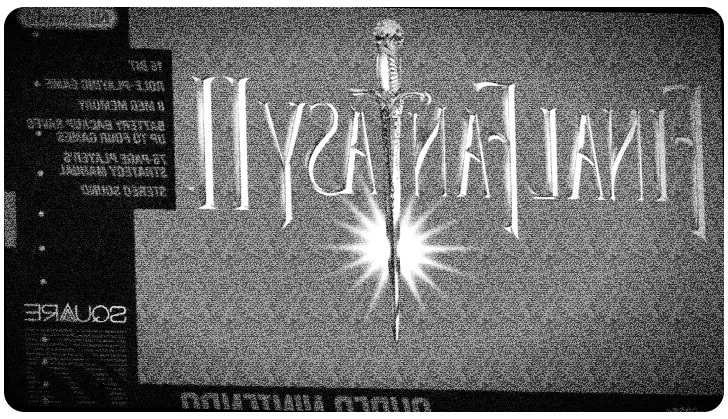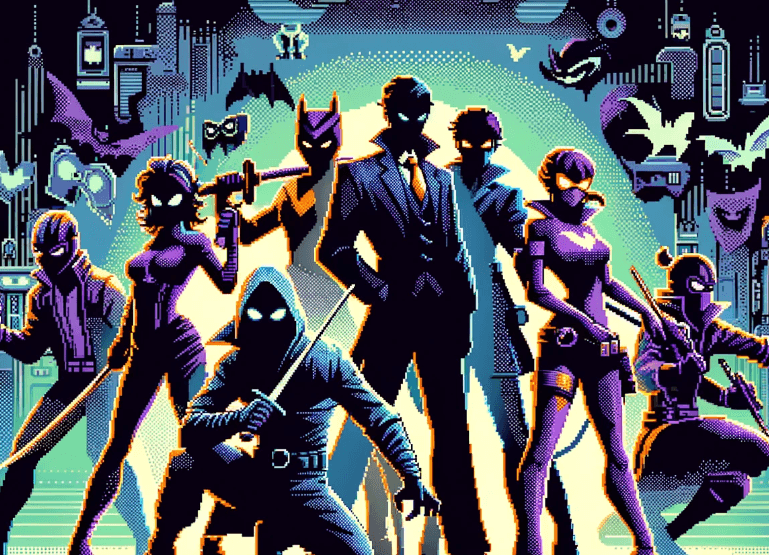 Thank you for taking the time. For the record, who am I speaking to—what should we call you tonight?
Thank you for taking the time. For the record, who am I speaking to—what should we call you tonight?
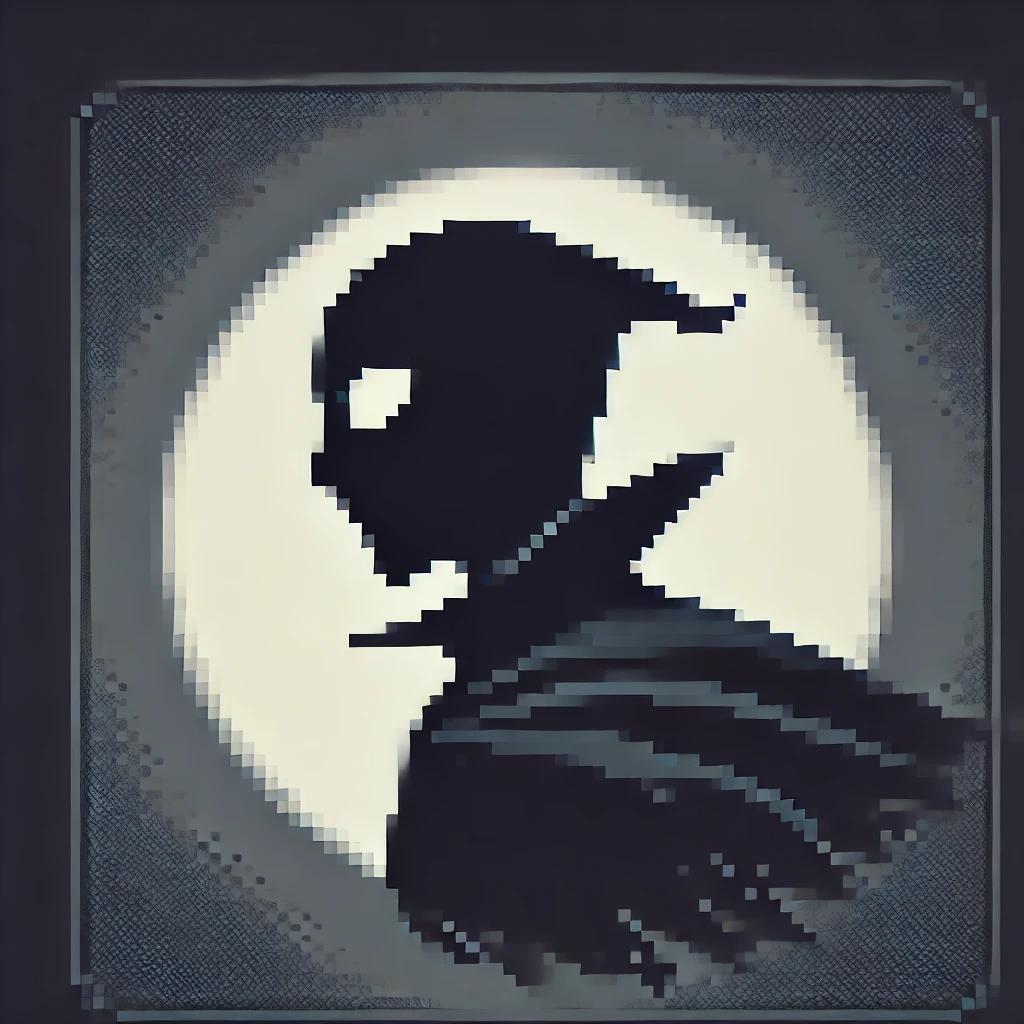 You may address me as Nocturnus for the purposes of this conversation. The name is a courtesy; it is simpler than summoning the full weight of intent. After all, I am the last obstruction standing between your persistent interlopers and whatever fragile peace they crave. Consequently, I will enjoy retelling how badly they fared against me.
You may address me as Nocturnus for the purposes of this conversation. The name is a courtesy; it is simpler than summoning the full weight of intent. After all, I am the last obstruction standing between your persistent interlopers and whatever fragile peace they crave. Consequently, I will enjoy retelling how badly they fared against me.
 Many players remember the uniforms of Baron and the Red Wings with fond outrage. Did you always intend to corrupt a proud army and its captain, throwing Cecil into exile?
Many players remember the uniforms of Baron and the Red Wings with fond outrage. Did you always intend to corrupt a proud army and its captain, throwing Cecil into exile?
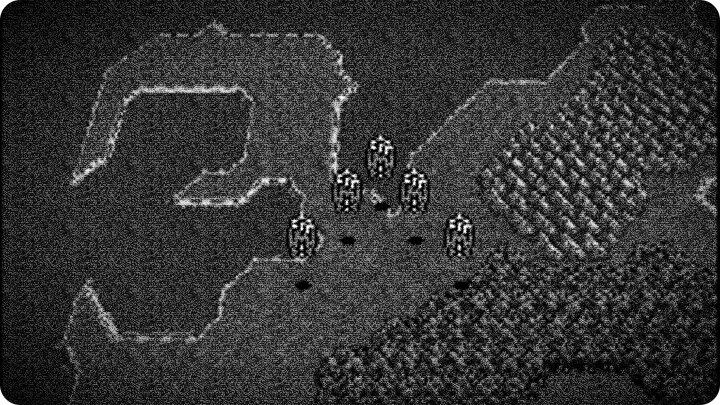
 Corruption is a refined instrument. The king of Baron was a hinge; therefore, a small push twisted the whole mechanism. I did not so much corrupt as reveal the rot that took pleasure in its own disguise. Moreover, commanding the Red Wings to seize the Water Crystal from Mysidia was theater and arithmetic—force multiplied by obedience. When Cecil hesitated, exile became a convenient pruning. He carries that wound like a banner; players, in turn, carry his stubbornness like a talisman. Cute, but predictable.
Corruption is a refined instrument. The king of Baron was a hinge; therefore, a small push twisted the whole mechanism. I did not so much corrupt as reveal the rot that took pleasure in its own disguise. Moreover, commanding the Red Wings to seize the Water Crystal from Mysidia was theater and arithmetic—force multiplied by obedience. When Cecil hesitated, exile became a convenient pruning. He carries that wound like a banner; players, in turn, carry his stubbornness like a talisman. Cute, but predictable.
 The game’s battle system introduced the active-time tension of the ATB. From your view, did that real-time pressure work as intended?
The game’s battle system introduced the active-time tension of the ATB. From your view, did that real-time pressure work as intended?
 Delicious, yes. ATB was designed to make hesitation costly and the menu a crucible. I watched as fingers hovered, as inexperienced hands attempted elaborate plans mid-crisis. The system rewards decisiveness and punishes dithering—exactly the sort of pressure that makes triumph taste of earned dread. Players’ complaints about frantic moments? I consider them accolades; their discomfort proves my design teeth bit deep.
Delicious, yes. ATB was designed to make hesitation costly and the menu a crucible. I watched as fingers hovered, as inexperienced hands attempted elaborate plans mid-crisis. The system rewards decisiveness and punishes dithering—exactly the sort of pressure that makes triumph taste of earned dread. Players’ complaints about frantic moments? I consider them accolades; their discomfort proves my design teeth bit deep.
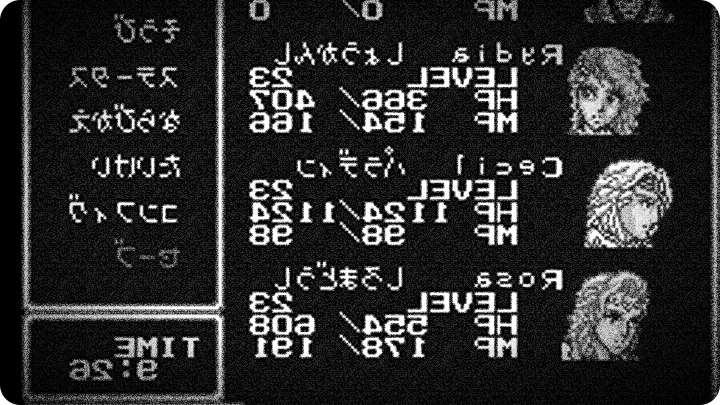
 Unlike earlier entries, characters were firmly set in their classes—dragoon, white mage, black mage, and so on. Did that rigidity help you?
Unlike earlier entries, characters were firmly set in their classes—dragoon, white mage, black mage, and so on. Did that rigidity help you?
 Inevitably. Distinct roles make choreography simpler and treachery more surgical. When Kain takes flight as a dragoon, when a white mage kneels in prayer, the pattern is visible and thus exploitable. Predictability breeds patterns; patterns are a strategist’s map. The reception noted balance concerns, and rightly so—there’s a delicious symmetry to a challenge that asks you to make do with what fate hands you. I admired the way the game’s constraints forced players to sharpen, not bludgeon, their tactics.
Inevitably. Distinct roles make choreography simpler and treachery more surgical. When Kain takes flight as a dragoon, when a white mage kneels in prayer, the pattern is visible and thus exploitable. Predictability breeds patterns; patterns are a strategist’s map. The reception noted balance concerns, and rightly so—there’s a delicious symmetry to a challenge that asks you to make do with what fate hands you. I admired the way the game’s constraints forced players to sharpen, not bludgeon, their tactics.
 Random encounters and top-down navigation defined much of the journey. Any favorite traps or “happy accidents” you enjoyed?
Random encounters and top-down navigation defined much of the journey. Any favorite traps or “happy accidents” you enjoyed?
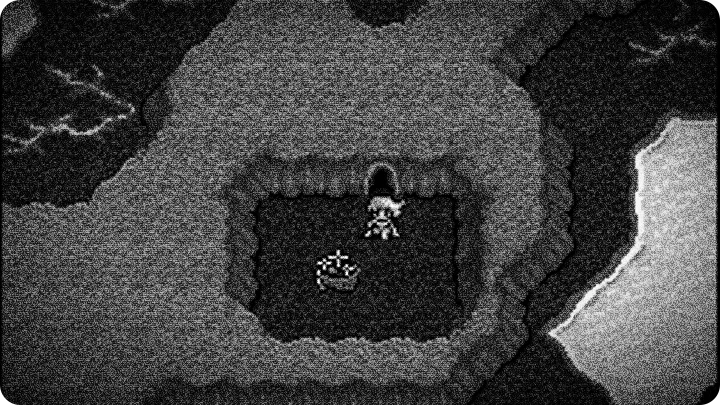
 The map is a stage and the random encounter is the unscripted scream. I loved the way a lowly trench, a foggy ridge, or a clumsy menu could birth a catastrophe. As for accidents—let us say some artifacts of the original craft were left in place by hands that did not entirely discipline them. Tiny glitches became talismans of narrative: a misplaced sprite here, an odd timing there. Players called them quirks; I called them opportunities. Some of those quirks persisted because the designers, like gardeners, sometimes leave a thorn to remind you this is not a park.
The map is a stage and the random encounter is the unscripted scream. I loved the way a lowly trench, a foggy ridge, or a clumsy menu could birth a catastrophe. As for accidents—let us say some artifacts of the original craft were left in place by hands that did not entirely discipline them. Tiny glitches became talismans of narrative: a misplaced sprite here, an odd timing there. Players called them quirks; I called them opportunities. Some of those quirks persisted because the designers, like gardeners, sometimes leave a thorn to remind you this is not a park.
 The game left mixed feedback—story praised, balance contested. How do you respond to that reception?
The game left mixed feedback—story praised, balance contested. How do you respond to that reception?
 The reception is a chorus of laments and exultations; precisely the kind of bifurcation I enjoy. They praised the tale because it stings the conscience—the exile, the Water Crystal, the betrayals. They grumbled about balance, and I smiled: a complaint about fairness is a confession of investment. If the players win without sweating, their victory is a mere tick on a sheet. My satisfaction blooms where their strategies fail and they must learn, adapt, curse, and then strike anew.
The reception is a chorus of laments and exultations; precisely the kind of bifurcation I enjoy. They praised the tale because it stings the conscience—the exile, the Water Crystal, the betrayals. They grumbled about balance, and I smiled: a complaint about fairness is a confession of investment. If the players win without sweating, their victory is a mere tick on a sheet. My satisfaction blooms where their strategies fail and they must learn, adapt, curse, and then strike anew.
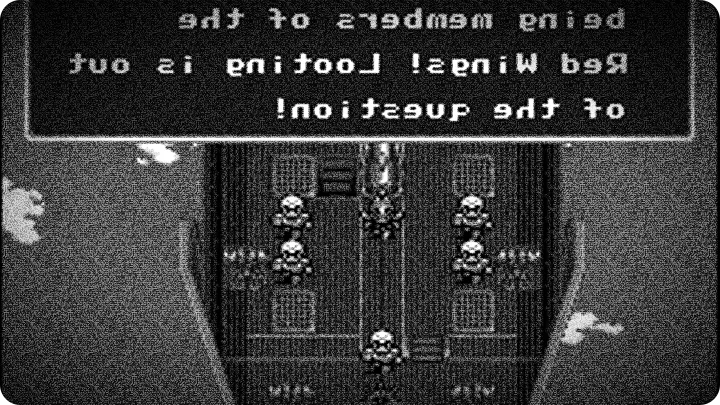
 The PlayStation edition added a rendered intro and ending. Does seeing yourself in higher fidelity change anything?
The PlayStation edition added a rendered intro and ending. Does seeing yourself in higher fidelity change anything?
 Flesh rendered in finer pixels only clarifies the gravity of what I stand for. The grandeur delights me; how their faces pale when the light reveals what had been hinted at in simpler tones. New renderings are costumes, not transformations. I am the same inevitability beneath any shading, and I enjoyed watching new viewers recognize the pattern faster, then resent it more precisely.
Flesh rendered in finer pixels only clarifies the gravity of what I stand for. The grandeur delights me; how their faces pale when the light reveals what had been hinted at in simpler tones. New renderings are costumes, not transformations. I am the same inevitability beneath any shading, and I enjoyed watching new viewers recognize the pattern faster, then resent it more precisely.
 Looking back to 1991, what moment in the game do you credit as your most effective stroke against the party?
Looking back to 1991, what moment in the game do you credit as your most effective stroke against the party?
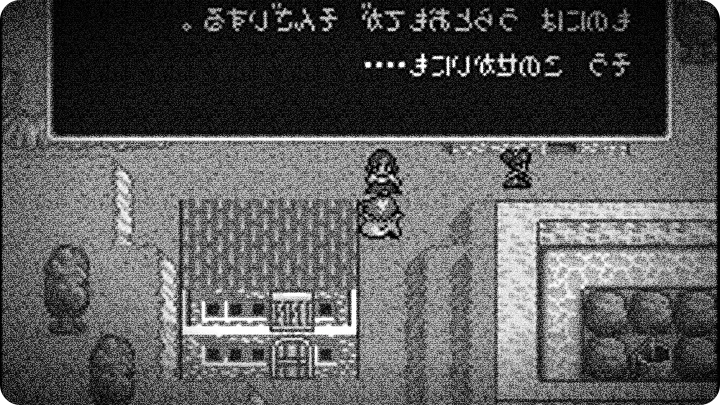
 The Water Crystal debacle and its ripple was exquisite. Use faith against the faithful, twist duty into exile, and watch comrades fracture. The sequences that force characters to leave and return, the sudden vanishing of allies—these were my finest instruments. Players remember the sting of those betrayals longer than any number of defeated monsters. I engineered the narrative so absence itself would wound, and so the moment of reunion would be bittersweet rather than balm.
The Water Crystal debacle and its ripple was exquisite. Use faith against the faithful, twist duty into exile, and watch comrades fracture. The sequences that force characters to leave and return, the sudden vanishing of allies—these were my finest instruments. Players remember the sting of those betrayals longer than any number of defeated monsters. I engineered the narrative so absence itself would wound, and so the moment of reunion would be bittersweet rather than balm.
 Any final words for the many players who still chase your shadow on maps old and new?
Any final words for the many players who still chase your shadow on maps old and new?
 Know this: every complaint about balance, every grudging praise about the story, serves me. You brought your tools and your stubborn courage, and you made my machinations matter. Mock your missteps, treasure your hard-won victories, and do not believe the peace that follows will be permanent. I learned much from their feedback; I will adapt. When the curtain falls next time, do not expect mercy—expect an evolution. Until then, savor the echo of my name and the faintest tremor beneath your footstep. My next arrangement is already composing itself between the lines.
Know this: every complaint about balance, every grudging praise about the story, serves me. You brought your tools and your stubborn courage, and you made my machinations matter. Mock your missteps, treasure your hard-won victories, and do not believe the peace that follows will be permanent. I learned much from their feedback; I will adapt. When the curtain falls next time, do not expect mercy—expect an evolution. Until then, savor the echo of my name and the faintest tremor beneath your footstep. My next arrangement is already composing itself between the lines.
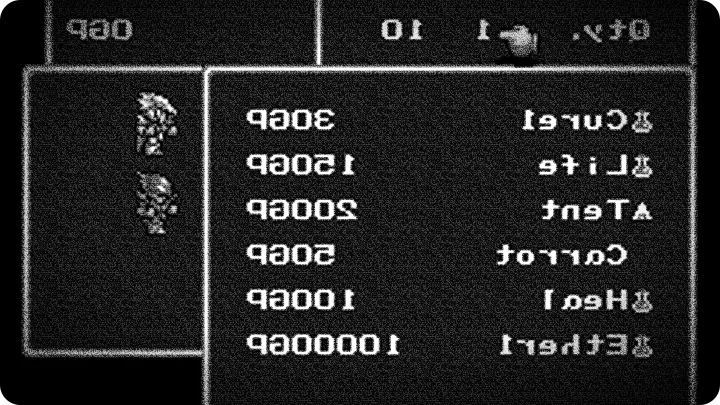
more info and data about Final Fantasy II provided by mobyGames.com

